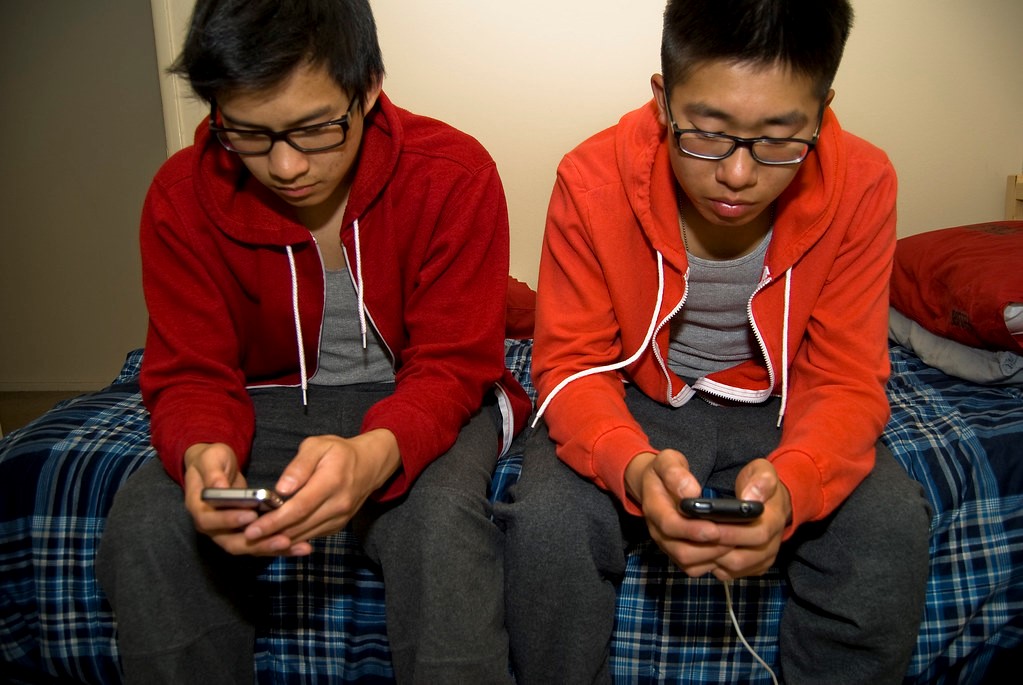Enmeshment Woes

In this “new normal” created by the pandemic nightmare, both children and adults face challenges and concerns that were not previously part of our collective consciousness. Who would have imagined that our children would attend school online or that many parents would leave their offices and work from home? These new conditions have made it obvious that psychological flexibility is crucial to emotional endurance during periods of social and economic upheaval.
Similarly, twin pairs often struggle severely if their initiative and ambitions were impaired due to enmeshment. They unknowingly lapse into a mindset that prevents them from recognizing how their codependency has compromised healthy psychological development. A pair of identical twin men in their early twenties recently contacted me for help with their entangled relationship. The fact that they simultaneously realized how their twinship is inhibiting achievement of age-appropriate milestones is a positive sign for a favorable outcome.
The brothers shared the following story with me. Both needed to complete a certain number of training hours to take their driving test and ultimately get driver’s licenses. They were eager to pursue this goal but felt victimized by how unreliable and unavailable their driving instructor is. Nonetheless, they did nothing to change their situation. Neither of them called the driving school to request another teacher because they felt uncomfortable about starting over with a new person. So, they continued to feel angry and disappointed about the impasse, but neither young man did anything to remedy the deadlock. They passively tolerated the stumbling blocks and collectively suffered the consequences.
How different this situation is from news stories about twin athletes who train together, motivate one another, and use their competitive feelings to spur each other on. The codependent twin relationship does the opposite. The pair silently colludes to take on a submissive, nonconfrontational stance. The enmeshment prevents them from functioning as individuals with independent agency. They operate as a unit and keep close tabs on one another to ensure an equitable equilibrium.
What will it take to break out of this conundrum and shift into a more individuated frame of mind? If the twins’ unconscious motives are revealed and both are motivated to change old habits, they have a good chance of succeeding. In this case, the shared goal will be to behave as independent individuals, not as undifferentiated halves of a whole.
Image courtesy of Rafael Castillo (CC BY 2.0)

